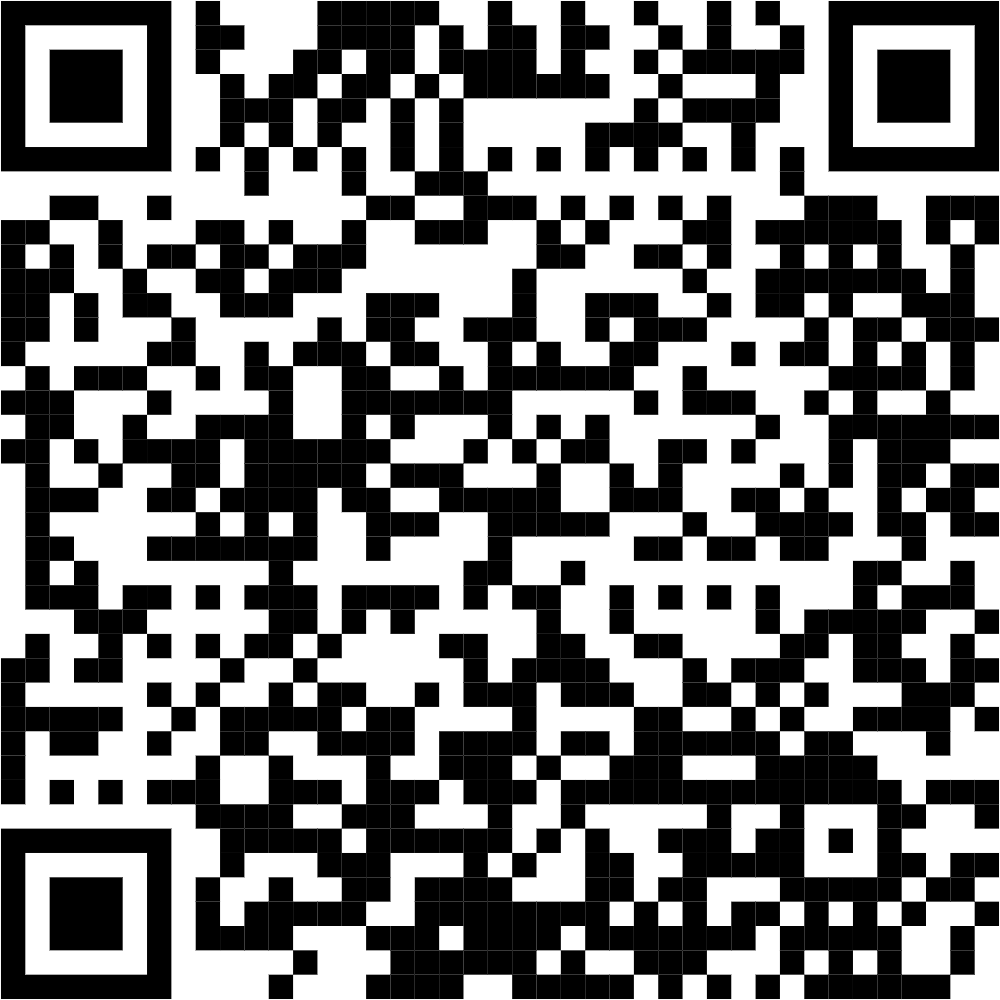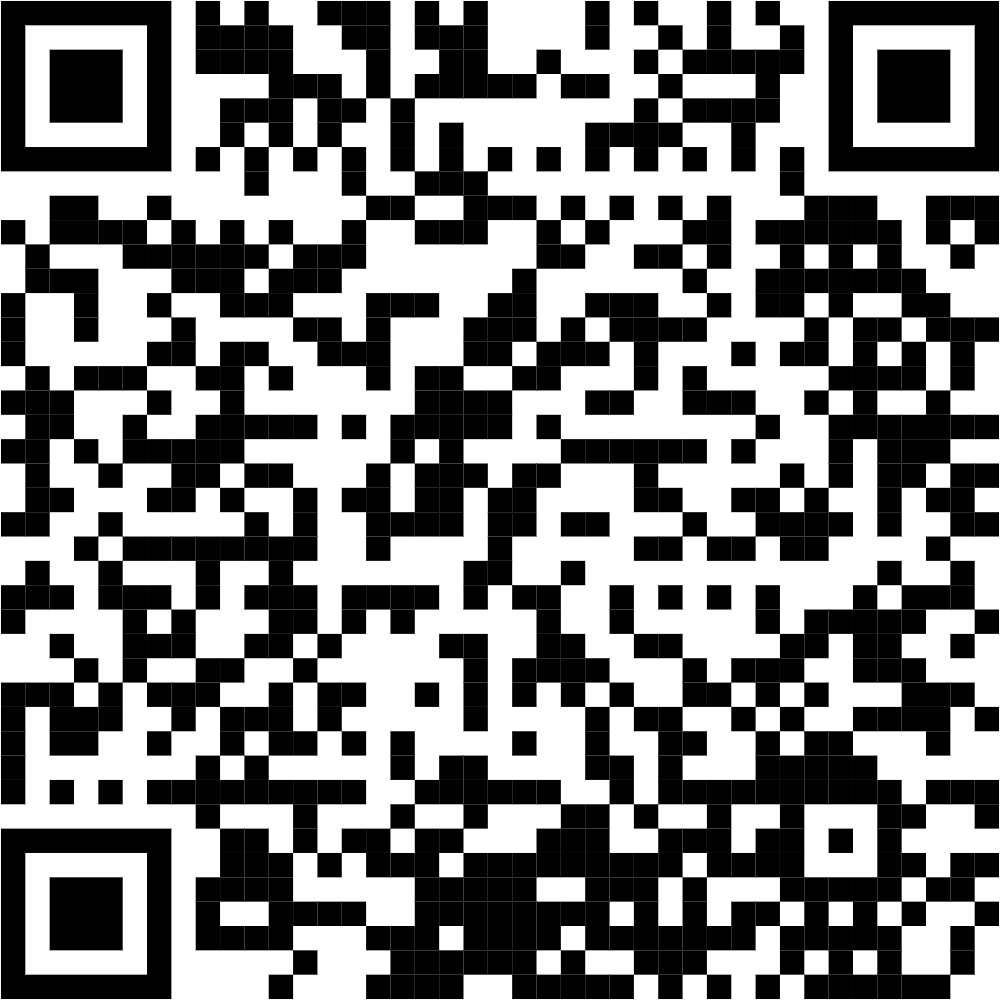LANGUAGE ACQUISITION IN PREWRITING, DRAFTING, REVISING, EDITING AND PUBLISHING
DOI:
https://doi.org/10.46961/jip.v10i2.673Abstract
This research is back-worded by the pragmatic experiential learning problems the
researcher faces in daily routine activities of teaching learning from first to fourth
semester (2008-2021) at PoliMedia. It has accumulated into the researcher’s pragmatic
findings that teaching English for publishing students with its basic skills (reading,
writing, listening, speaking) should be in line with the needed basic competencies of
language assessment in the publishing needed skills (pre-writing, drafting, revising,
editing, and publishing). However, in order to assure the pragmatic findings it is
needed to do the academic analysis through the following academic research
methodology, including: setting and time, research design, population and sample,
data collection instrument, and data analysis. The research uses qualitative approach
through seeing, observing, discussing and studying some related documents taken
from questioannaire, interview, simulation and focus group discussion among
lecturers.. The data shows various level of language acquisition (reading, writing,
listening, speaking) found in prewriting, drafting, revising, editing and publishing.
While there are seventeen students’ needed technical skills to be supported in learning
process, such as: 1). team working skills; 2) oral communication skills; 3) problem
solving skills, 4) customer handling skills, 5) management skills, 6) general IT user
skills, 7) technical and practical skills, 8) office administration skills, 9) written
communication skills, 10) literacy skills, 11) numeracy skills, 12) IT professional skills,
13) foreign language skills, 14) grappling with grammar skill, 15) speed reading skills,
16) note-taking skills and 17) negotiating skills.
References
Alderson, L.C. Material Evaluation in Harper, D.P.L. (ed.) English For Specific Purpose, papers from the 2nd Latin American Regional Conference Cocoyoc, 25-30 March 1997.
Allwright, R.L. What do we want teaching materials for? In Rossner and R.Bolitho, (Eds.), Current In Language Teaching. Oxford University Press, 1990.
Alderson Charles and Bachman F Lyle. Assessing Writing. United Kingdom: Cambridge University Press, 6 th edition, 2009.
Allison Baverstick. How to Market Books, 4th Edition Hogan Page, 2008.
Basturkmen Helen. Developing Coursesin English for Specific Purposes. New York: Palgrave Macmillan,2010.
Benyamin S. Bloom, Bertram B., Mesia and David R. Krathwohl. Taxonomy of Educational Objectives. New York : David Mckay, 1964.
Brown, J.D. The Element of Language Curriculum: A systematic Approach To Program To program Development. Heinle & Heinl, 1995.
Campbell Linda, Cambell Bruce, and Dickinson Dee.Teaching and Learning through Multiple Intelligences. United State of America: A Simon & Schster Company, 1996.
Chen, Y. Material Production for Architecs and Civil Enginers, 2008.
Crawford J. The Role of Materials In The Language Classroom: Finding the Balance, 2002.
Eric H. Glendinning. Basic English for Computing. 2007 Giles Clark and Angus Philips. Inside
Book Publishing. United Kingdom:4 th edition Rouletge, 2008.
Hague., Paul. Merancang Kuesioner (Alih bahasa, Fery). Jakarta: Pustaka Binaman Pressindo, 1995.
Hutchinson and Waters. English for Specific Purposes: A learners- centered approach. Great Britain: Cambridge University Press, 2008.
Hutchinson,T. & Torrers. E The Textbook as Agent of Change. ELT Journal 48(4), 1994. Hymes, D. On Communicative Competence. In Pride, J.B. and J. Holmes (Eds), Sociolinguistics.: 269-39, 1972.
ISP. Nation & John Macalister. Language Curriculum Design, Routledges Taylor & Francis Group New York and London, 2010.
Jack. C. Richard and Willy A Renandya (eds). Methodology in Language Teaching. New York: Cambridge University Press.
John, A. English for Specific Purposes: Its history and contribution, 1991.
Johnson, K and K Morrow. Communication in The Classroom. London: Longman, 1981.
John Macalister and I.S.P Nation; Language Curriculum Design, ESL & Applid Linguistics Professional Series. Rotledge Taylor & Francis Group New Yorh and London, 2009 Leigh and Barron Consulting Ltd.
National Occupational Standards for Technical Communicator, The Publishing Training Centre, 1999.
-------------------------------------- National Occupational Standards for Bookand Journal Publishers, The
Publishing Training Centre, 1999.
Downloads
Published
How to Cite
Issue
Section
Citation Check
License
The Authors submitting a manuscript do so on the understanding that if accepted for publication, copyright of the article shall be assigned to Jurnal Ilmiah Publiprenuer and Politeknik Negeri Media Kreatif, Indonesia as the publisher of the journal.
Copyright encompasses exclusive rights to reproduce and deliver the article in all form and media, including reprints, photographs, microfilms, and any other similar reproductions, as well as translations. The reproduction of any part of this journal, its storage in databases and its transmission by any form or media, such as electronic, electrostatic and mechanical copies, photocopies, recordings, magnetic media, etc. will be allowed only with written permission from the Jurnal Ilmiah Publiprenuer and Politeknik Negeri Media Kreatif, Indonesia.
Jurnal Ilmiah Publiprenuer and Politeknik Negeri Media Kreatif, Indonesia. The Editorial Team makes every effort to ensure that no wrong or misleading data, opinions, or statements be published in the journal. In any way, the contents of the articles and advertisements published in the Jurnal Ilmiah Publiprenuer and Politeknik Negeri Media Kreatif are the sole and exclusive responsibility of their respective authors and advertisers.
Statement of Authenticity and Manuscript Copyright can be downloaded: here
After filling in the statement letter, please attach it as the supplementary file submission or send via e-mail: [email protected]











